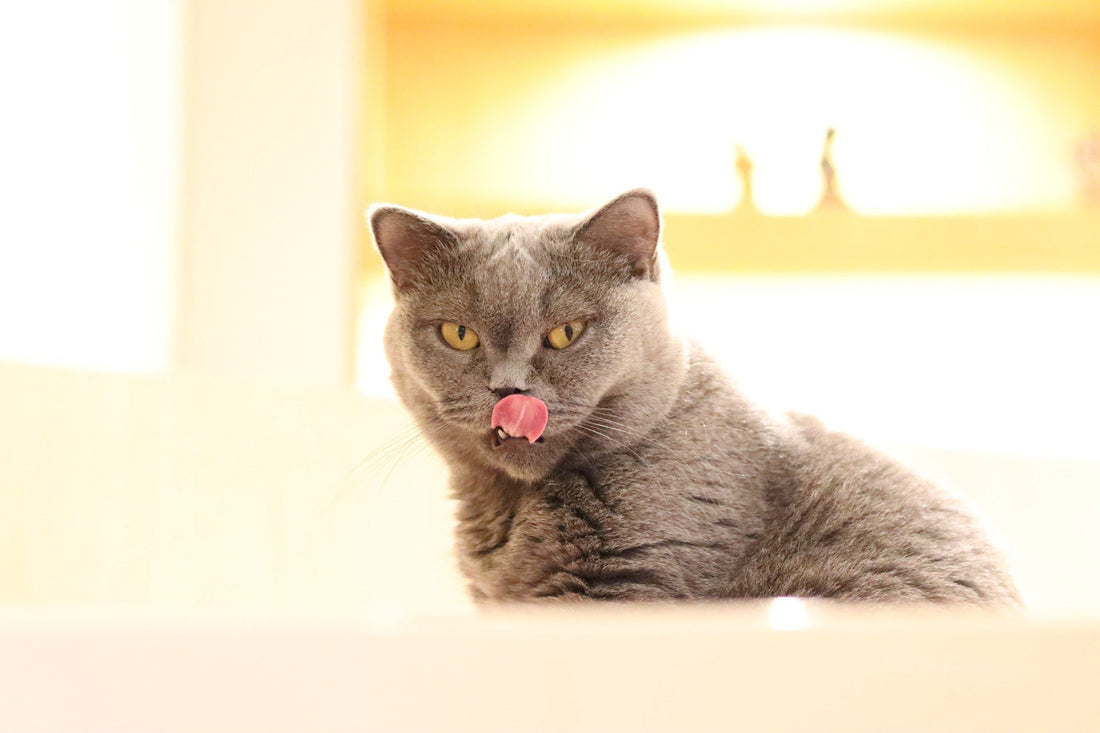Inflammatory Bowel Disease (IBD) in cats is a disorder where the gastrointestinal tract is inflamed and irritated. It results in the intestines becoming less effective at properly digesting food and absorbing nutrients. Cats of any age can be impacted by IBD, but middle-aged or older cats are more susceptible to the disease.
Whilst vomiting is the most common presenting sign, you may notice symptoms in your cats, which can vary in both severity and frequency depending on which parts of the gastrointestinal tract are affected, such as diarrheoa, weight loss, lethargy, gas, and abdominal pain.
IBD can be treated and controlled so that your cats can continue a healthy life. In most cases, cats that have IBD require medication as well as dietary management as a way to relieve the symptoms. The disease can sometimes be caused by food allergies, so your vet may recommend a special diet for your cats. When your cats eat a protein they've never had before, their immune system is not prepared to react to it. Choose foods without the common food allergens to find an ideal diet for your cats' condition.
Highly digestible diets
Highly digestible diets help cats with IBD that get all the nutrients whilst reducing diarrheoa. Veterinary nutritionists recommend a moderate to high protein level, lower fat levels and low carbohydrate content. Wet food that has high moisture content is also easier for many cats to digest than dry food.
Novel protein diets
IBD may be an immune system reaction to food. Allegedly, proteins from beef, fish, and chicken are the most common foods to cause reactions in cats. Novel protein diets may include rabbit, duck or even more unusual meat sources like kangaroo, depending on what your cats have been exposed to in their lifetime.
The most common medications used in the treatment of IBD are drugs that subdue the immune system. Your vet may prescribe antibiotics and instruct you on how to taper the dosage. In some cases, cats cannot be completely weaned off of medications and require lifelong treatments.
Source: PetMD
Featured image by Mengyu Xiong

